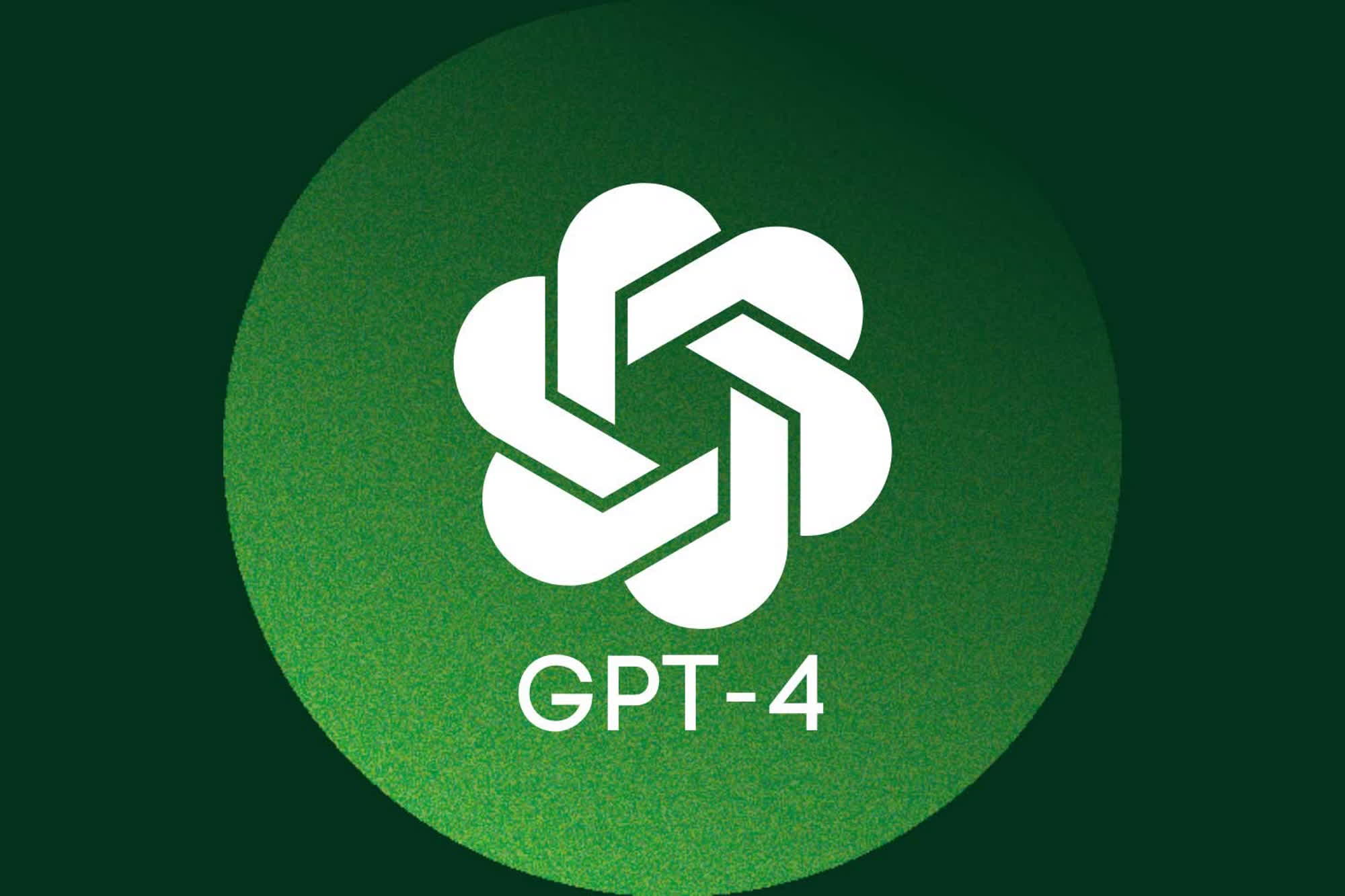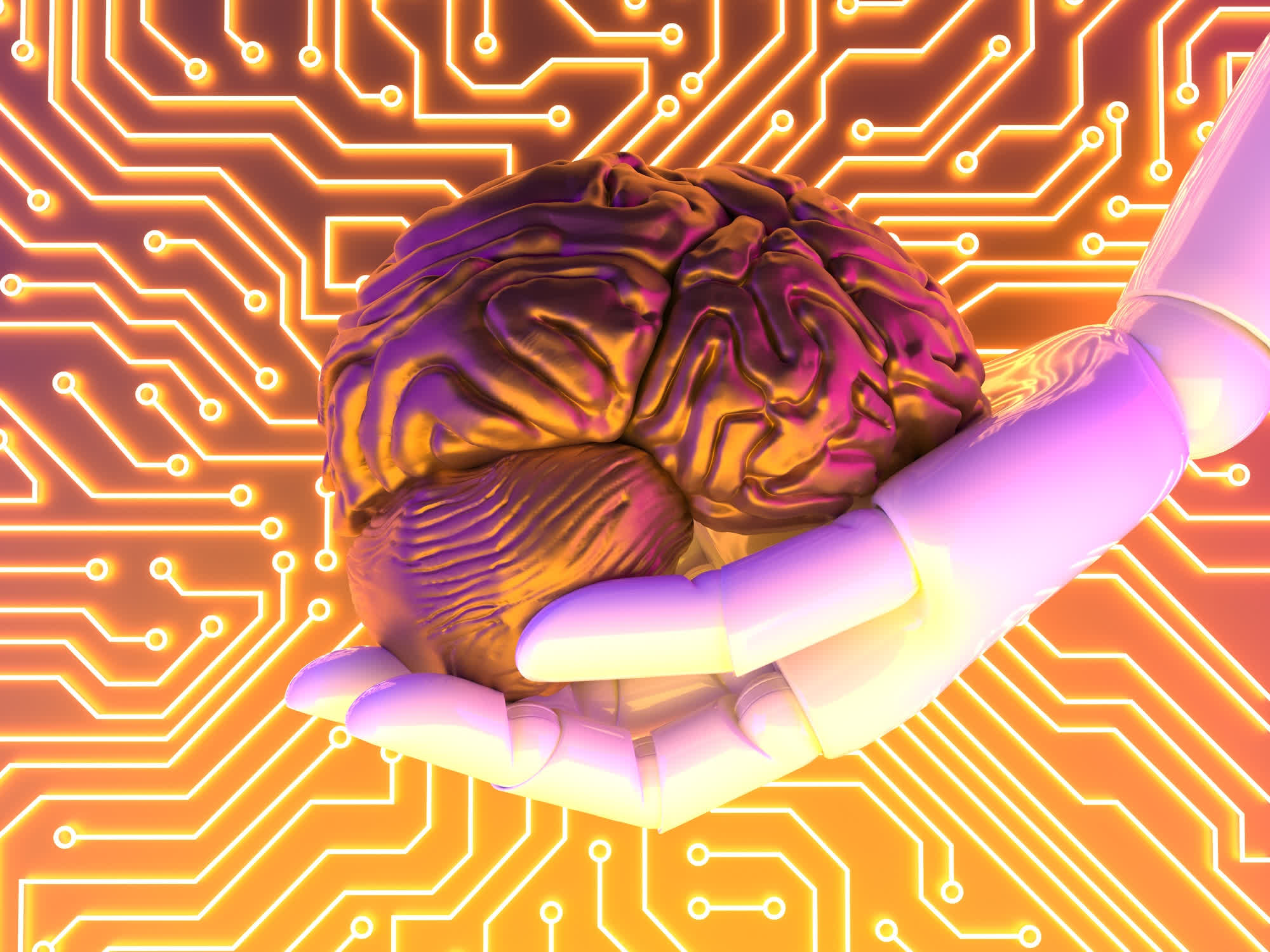A hot potato: ChatGPT, the chatbot that turned machine learning algorithms into a new gold rush for Wall Street speculators and Big Tech companies, is merely a "storefront" for large language models within the Generative Pre-trained Transformer (GPT) series. Developer OpenAI is now readying yet another upgrade for the technology.
OpenAI is busily working on GPT-5, the next generation of the company's multimodal large language model that will replace the currently available GPT-4 model. Anonymous sources familiar with the matter told Business Insider that GPT-5 will launch by mid-2024, likely during summer.
OpenAI is developing GPT-5 with third-party organizations and recently showed a live demo of the technology geared to use cases and data sets specific to a particular company. The CEO of the unnamed firm was impressed by the demonstration, stating that GPT-5 is exceptionally good, even "materially better" than previous chatbot tech.
The next ChatGPT and GPT-5 will come with enhanced, additional features, including the ability to call external "AI agents" developed by OpenAI to execute specific tasks independently. The insiders didn't mention an exact release date. However, development efforts on GPT-5 and other ChatGPT-related improvements are on track for a summer debut.

OpenAI is currently training the new model. Developers must then test the model's safety boundaries with internal personnel and external "red teams." The beta phase will determine the need for further model refinements or delays in the release date.
The upgraded model comes just a year after OpenAI released GPT-4 Turbo, the foundation model that currently powers ChatGPT. OpenAI stated that GPT-4 was more reliable, "creative," and capable of handling more nuanced instructions than GPT-3.5. Still, users have lamented the model's tendency to become "lazy" and refuse to answer their textual prompts correctly.
According to OpenAI CEO Sam Altman, GPT-4 and GPT-4 Turbo are now the leading LLM technologies, but they "kind of suck," at least compared to what will come in the future. In 2020, GPT-3 wooed people and corporations alike, but most view it as an "unimaginably horrible" AI technology compared to the latest version. Altman also said that the delta between GPT-5 and GPT-4 will likely be the same as between GPT-4 and GPT-3.
